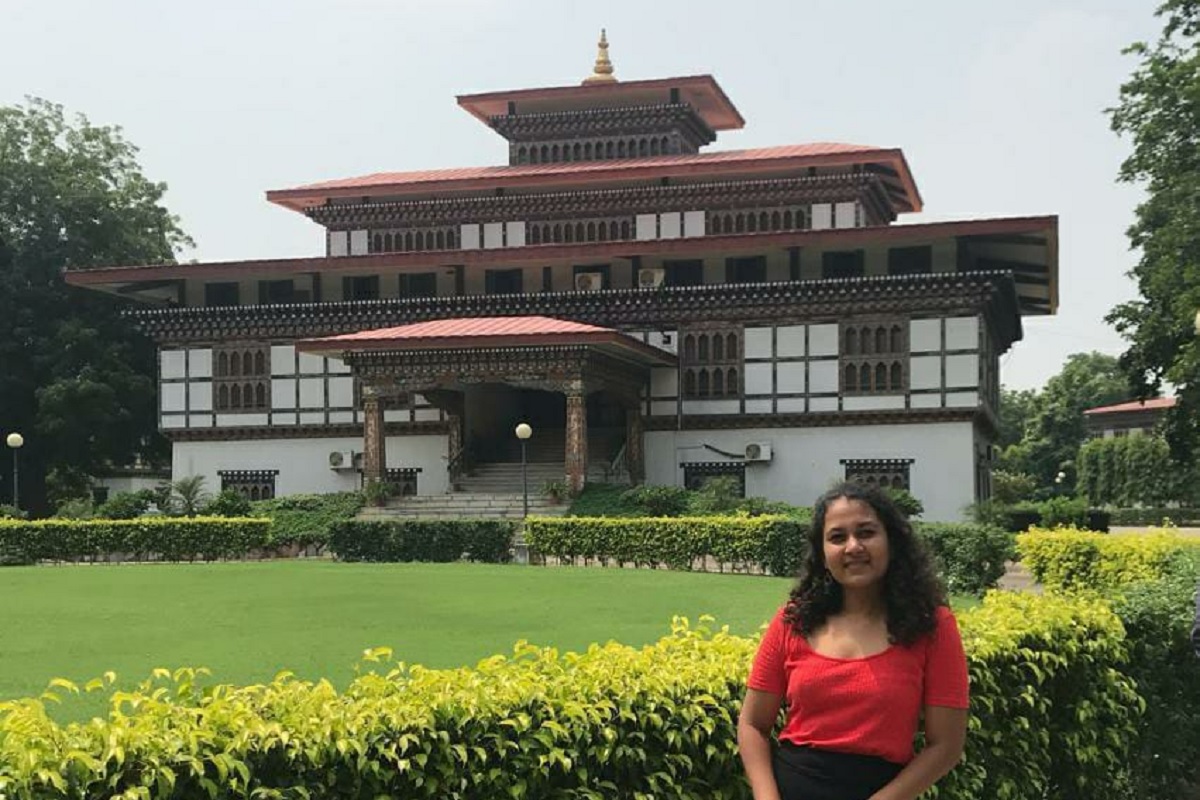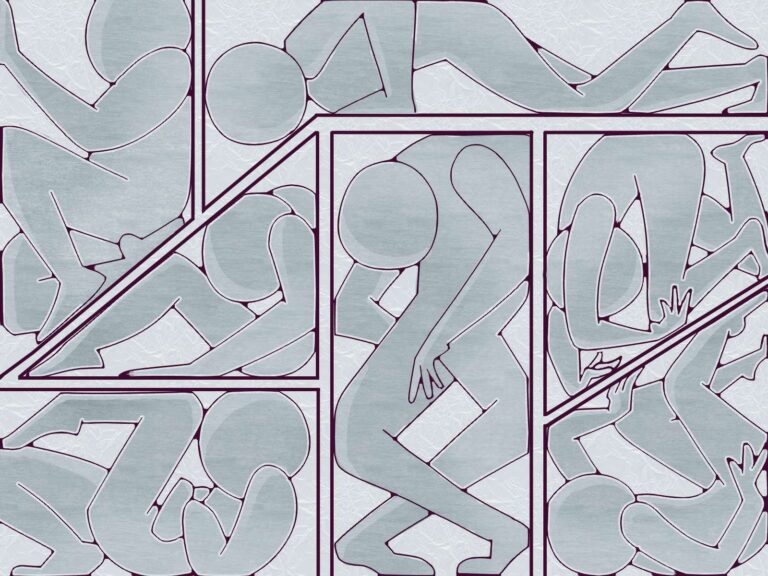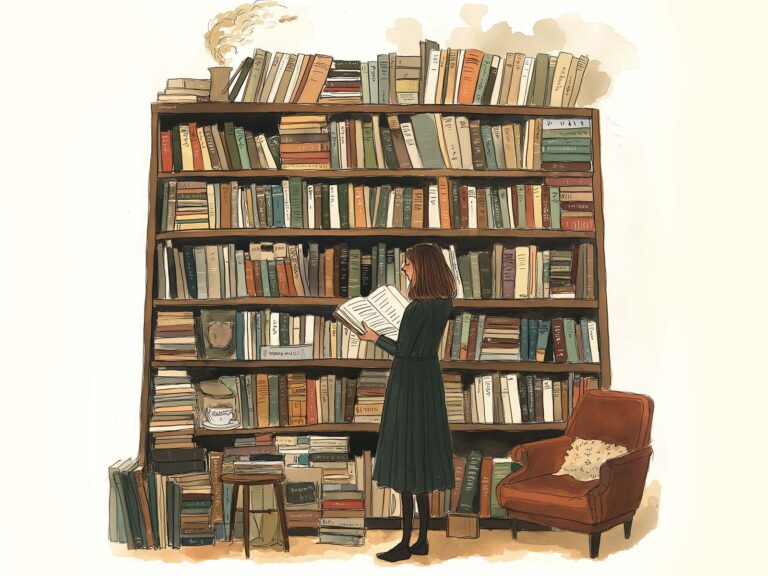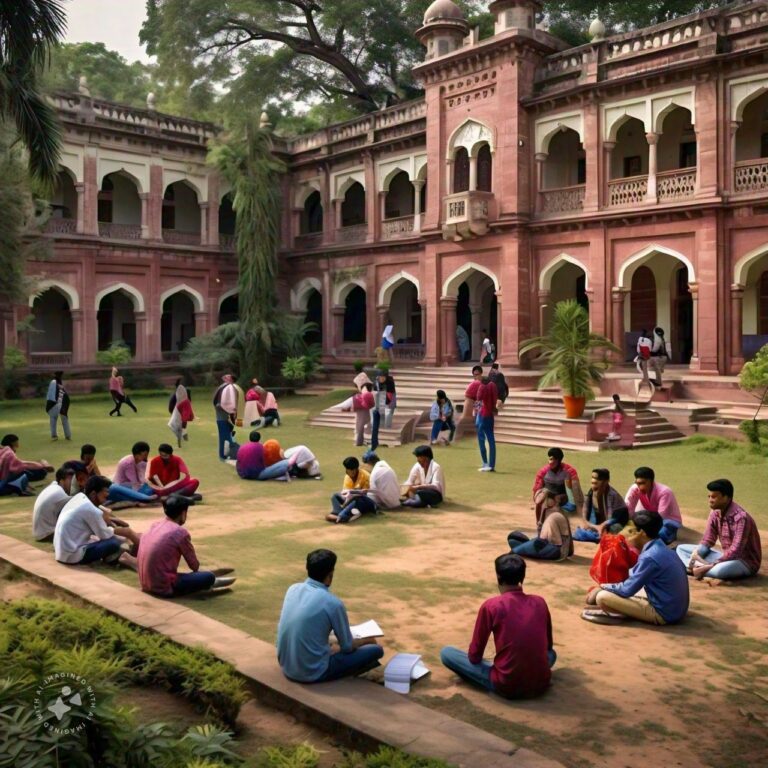Knowing Bhutan: My Experience as a Youth Ambassador
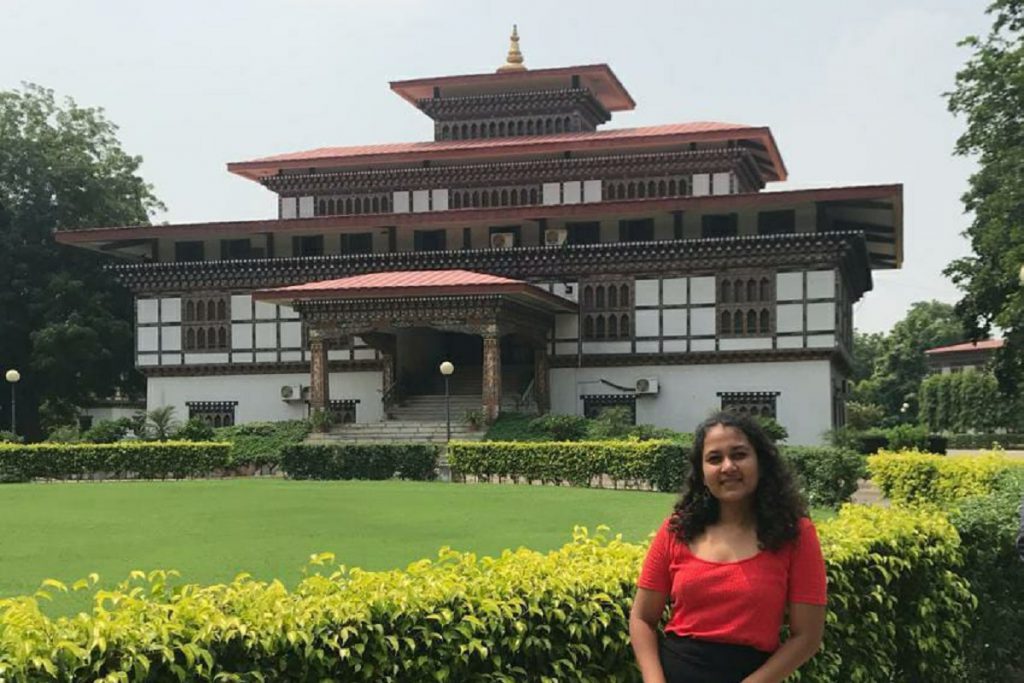
[responsivevoice_button voice=”US Female” buttontext=”Read out this Theel for me”]
As a participant of the Youth Exchange Conference between India and Bhutan, I came across a humbling life-experience that has taught me a number of valuable lessons. It is difficult to imagine cultures and lifestyles different from our own and to embrace and acknowledge their uniqueness and efficacy as pathways towards achieving peace and prosperity in human life.
As a keen student of economics, development studies and finance, I have always been interested in learning and discovering how different nations have shaped their political, economic, and cultural strategies to attain development, and what role have diplomats and civil servants played in enabling a country to achieve those dreams.
I continually seek to learn more and reflect on how bureaucracies play an instrumental role in guiding, building, devising, and implementing the economic and developmental policies of a state.
Bhutan as a country has intrigued me for a multitude of reasons. It has a deeply mystic, traditional and mesmerizing culture that has been climbing the ladder to modernity without giving up its roots. In an era of mindless consumerism and capitalism where the world is aping both the technological and industrial progress of the West, as well as its hedonistic materialism, Bhutan has remained firm and loyal to its ancient tradition and the values that it stands for.
Bhutan is traditionally a Buddhist land, and it is also landlocked. Therefore, the gateway to India is important for Bhutan, for both economic and cultural reasons. It is the dream of every Bhutanese person to visit the stupas in Bodh Gaya at least once in their lifetime.
In an age when most countries pay only lip-service to environmental protection and pursue imperialistic models of development, Bhutan has withstood the test of time and modernity. It has absorbed only those aspects of Western thoughts and practices which it has found conducive for the mental, physical and emotional health and well-being of its citizens.
The Bhutanese culture and tradition places a strong emphasis on protection of the environment. Since the pre-Buddhist days of their history, the Bhutanese have held a deep bond with nature. Their tradition comprises several oral folkloric tales passed over generations which feature shamans, sacrifices, demons, and various hues and shades of spirits and nature-deities.
To fear environmental destruction and worship nature like God is a thought-process and habit integral to their philosophy. Bhutanese citizens are legally bound by their constitution to protect their environment.
Bhutanese notion of progress and development is also very niche, and distinct from any other country across the globe. While the political leadership of nations across the world is either insensitive or indifferent to the significance of mental health as a parameter to assess the quality of life of its citizens, Bhutan places equal emphasis on the state mental health and well-being of its citizens and does not subordinate it to the value of GDP, that is conventionally considered to be a marker of growth and progress.
Bhutanese government while assessing economic growth, puts equal weightage to the happiness and well-being of its citizens and has devised the construct of Gross National Happiness (GNH) to measure the same. With the onset of globalization that has impacted consumption-patterns and lifestyles in all countries, Bhutan tries its best to remain loyal and committed to the concept of GNH.
Bhutan considers the role of its traditional cultural identity as very vital in its conception of itself as a game-changer when it comes to climate-change diplomacy in the international arena. Unhindered by the limitation of being a landlocked nation, Bhutan has stridently met the requirement of low carbon and greenhouse gas emissions and set a standard for green development that nations with much more manpower and resources find difficult to execute. Refusing to get entangled in the tussle between tradition and modernity, Bhutan has ceaselessly aspired to harness the benefit of both worlds without losing focus on what it considers most important in all its planning and governmental activities: the happiness and well-being of its people.
Bhutan’s strategic positioning of its cultural identity as a key tool in motivating people to foster an awareness regarding environmental vulnerability in the world today, has enabled it to harness its traditional values as an asset and steer forth the forces of globalization in the desirable direction: that of human development, sustainable use of resources, and a semblance of equality in the sphere of world politics; notwithstanding the disadvantage it might have faced due to its smallness in size of geographical territory.
Bhutan’s project of development has always put stress on universal access to education, skill-building and vocational training, modernization of healthcare and nurturing its cultural identity as a selling point to present itself as an attractive tourist destination. By retaining its cultural capital, Bhutan tries its level best to not lose its voice and identity from the alienating forces of globalization that tend to completely wipe away the aspirations and desires of developing countries.
Bhutan’s developmental aspirations are a testimony to the ideal that education, healthcare and culture, if heralded as the chief motivators of administration and governance, instead of economic and military might that is regarded as the traditional route to power, a peaceful and stable society can indeed be built, where the youth, instead of feeling alienated from its tradition, feels empowered by it and uses it as a currency to articulate its demands and aspirations for education and material upliftment in today’s increasingly interconnected world.
Bhutan has been a time-tested partner of India and ally since a long time. India and Bhutan have held a number of exchange conferences, events and seminars that have attempted to foster a deeper trade-based and cultural tie between the two nations. Hydropower energy and space-research are two major areas where emphasis for alliance and assistance have been thrusted.
Bhutan aspires to build its own space-satellite in the near future with assistance from India.
Bhutanese students are gradually gaining access to colleges and universities in India. Scholarship programs have been devised with due intergovernmental cooperation among the two nations, that have made it possible for talented and bright Bhutanese students to study engineering and medicine within the elite institutes of India. Indian Institute of Technology in Kanpur, All Indian Institute of Medical Sciences, and St. Stephen’s College in Delhi have come up with programs and seats that have eased the entry of Bhutanese students in these institutes.
Currently, the focus has largely been on STEM (Science, Technology, Engineering and Mathematics) in all the public discourses regarding intergovernmental collaboration with respect to education. But it is hoped that in the future, tie-ups among institutes and research inclinations would also gear towards humanities and literature. Art, craft, culture and tradition are the lifeline of cultural identity in both the nations, and intergovernmental alliances could harness this potential while forming treatises on exchange programs for youth of the two countries, and educational opportunities in India for students from Bhutan.
Moreover, the Bhutanese people hold deep respect and regard for their King. Bhutan is a constitutional monarchy and the King enjoys the heartfelt affection of people. The people in Bhutan have a definite notion of personal space, and they respect the privacy of an individual, irrespective of their stature. The King is not jeopardized in public spaces, and has the liberty to take a stroll without a barrage of guards following him.
I was spellbound when I saw this, because this was very much unlike my experiences during childhood and youth while growing up in Bombay. In India celebrities struggle to retain their personal space within public places; but in Bhutan, there was no such glowering celebrity culture that I got to witness.
I even had the fortune to meet the King, which was an absolutely delightful experience. I got to learn about the Bhutanese idea of ethics, culture and social responsibility from him. I feel thoroughly enriched with my experience as a Youth Ambassador of India to Bhutan.
Getting a chance to explore the culture and interact with the youth of a neighbouring country made me realize the prevailing hegemony in the international media, that brings information from across the globe to us, but keeps us in total ignorance of our wonderful neighbour nation which has so much to offer to us in terms of its culture and developmental models.
As the editor-in-chief of the Explore Culture Magazine, an attempt endorsed by the governments of both nations, I thoroughly enjoy the opportunity to compile articles of young writers from India and Bhutan and read their opinions on culture, economy, politics, music, cinema and lifestyle.
The magazine is an attempt to include the voices of youth in the relationship-building exercises ongoing between the two nations in a peaceful manner. The magazine encourages youth to situate the larger political forces and events within the framework of their personal lives, and reflect those personal realities in the relationship building process, such that the political exchange of information does not negate the personal truths.


